This step provides you with helpful tips to ensure that you will do well in online learning.
1. Take a self-assessment test to see if you are well prepared for online learning.
SmarterMeasure test is designed for you to self-diagnose your strengths and weaknesses in online learning. Click here for info on how to take the test, how to evaluate the test result, and how to improve a weak area.
2. Get prepared before the start of class.
- Go over the first THREE steps of the Online Orientation to ensure that you are ready before your course starts.
3. Carefully read all class documents and follow the instructions closely.
- Read the announcements and welcome message from your instructor.
- Read the course syllabus, course overview, or course outlines; these documents provide an overview of the course.
- Print or download the syllabus and assignment files to your computer for references in case you are unable to access your online course due to technical problems.
- Read all course documents carefully to follow instructions for class assignments. When you have questions about a class assignment, ask your professor immediately.
4. Actively engage in your class
- Make sure you navigate all class files and submit the assignments during the first two weeks and beyond. Per Academic Engagement Policy, you need to actively participate in class activities as soon as the class starts. If you have not submitted any work by the end of first two weeks, you will be dropped from the class and you will not be added back in.
5. Keep pace with reading and assignments.
- Visit the announcements and check messages every time when you log on. Your instructor may use announcements and messages as the major communication channel to provide you with updated class information. You must read announcements and messages from your instructor regularly.
- Follow the deadlines your instructor sets. The deadlines for assignments may be indicated in syllabus, course overview/outline, or posted on the calendar.
- Do not put assignments off till the last minute. Be proactive-submit all assignments early. By doing this you can ensure that you have time to deal with any last-minute technical issues that might arise and still meet all deadlines.
- When you have questions about the class, ask your instructor immediately.
- Do not use mobile devices (e.g. Smartphones -iPhone, Android, etc.; Tablet PCs – iPad, Samsung Galaxy, etc.) to submit any course assignments (e.g. discussions, email, assignment drop boxes, online tests, etc.) since Blackboard is not fully compatible with mobile devices. You may be able to browse information in your online courses with a mobile device. Click here for more information about using mobile devices in Blackboard.
- Have an alternative plan to access the internet in case you have technical difficulty at home. Use a computer in MxCC college library, an MxCC computer lab, local library, or at a local school or friend/relative’s home.
- If you are unable to complete a class assignment on time due to illness, textbook problem, or family emergency, please inform your professor immediately.
6. Report and resolve technical problem promptly.
When you encounter a technical problem,
- Contact Technical Support Center with Ticket Submission or phone support (860-723-0221) at any time (24×7)x365. You should bookmark this web site for later reference.
- If you have missed a deadline due to technical issues, you MUST notify your instructor immediately.
- Should the technical problem persist, report this to MxCC Distance Learning using one of the following methods:
- Call (860) 343-5756
- Email to mxccdistance@ctstate.edu
- Stop by the Distance Learning offices in Chapman 701 B/C, college library, Middletown Campus, Office hours: M-F, 8:30 am – 5:00 pm
7. Disclaimer
It is your responsibility to ensure your computer is set up correctly for accessing online class information. You must also complete all class work on time in order to satisfy the academic requirements of an online class. You are responsible for dealing with technological issues proactively so your course performance will not be affected.
8. Academic Honesty
PLAGIARISM AND CHEATING ARE PROHIBITED. YOU MAY FACE DISCIPLINE OR DISMISSAL FOR THESE AND OTHER ACTS OF ACADEMIC MISCONDUCT.
At Middlesex Community College, we expect the highest standards of academic honesty. Academic misconduct is prohibited in accordance with the Board of Regents Policy on Student Conduct, Part D, Section 1. This policy prohibits plagiarism, defined as the submission of work by a student for academic credit as one’s own work of authorship which contains work of another author without appropriate attribution, and all forms of cheating including not limited to: (i) use of any unauthorized assistance in taking quizzes, tests or examinations; (ii) use of sources beyond those authorized by the instructor in writing papers, preparing reports, solving problems or carrying out other assignments; (iii) the acquisition, without permission, of tests or other academic material belonging to a member of the College/University faculty or staff; and (iv) engaging in any other behavior specifically prohibited by a faculty member in the course syllabus.

